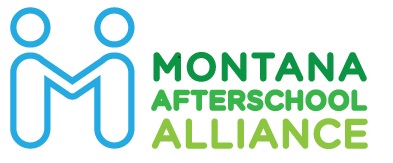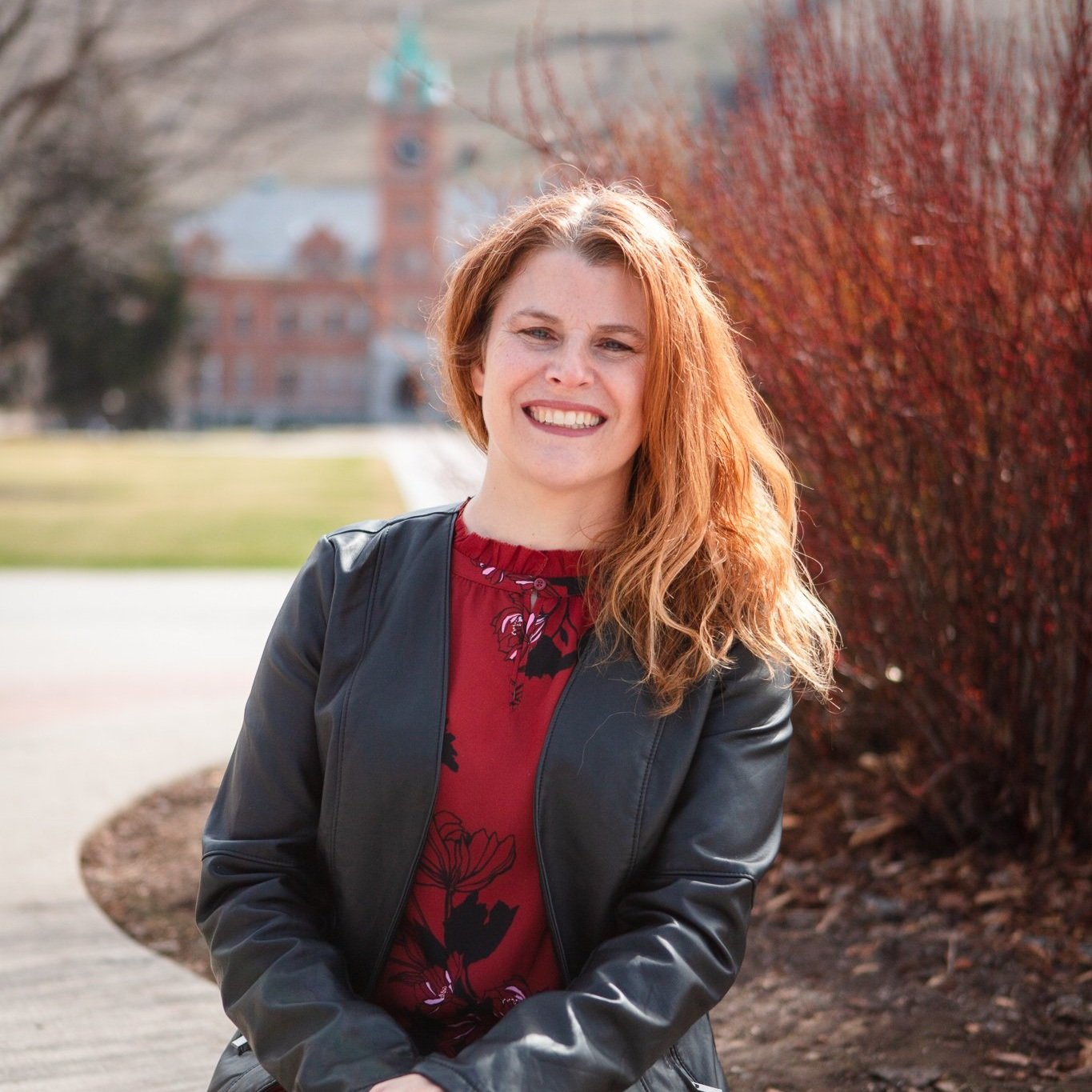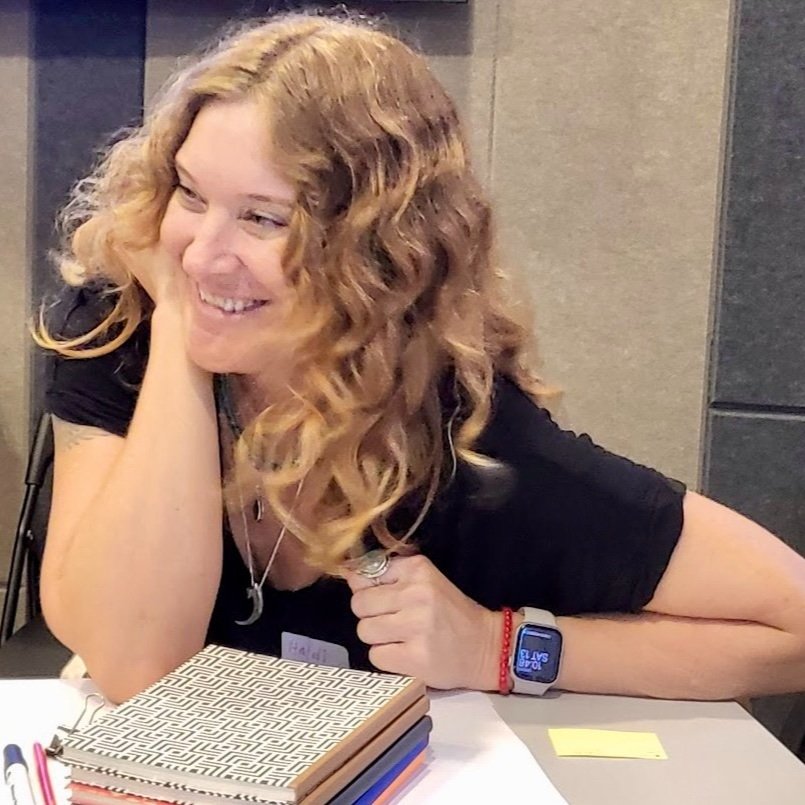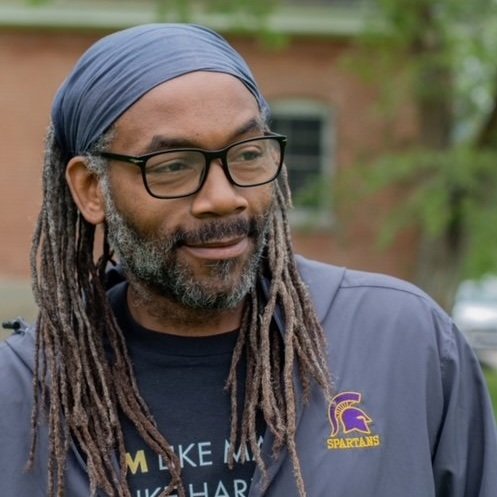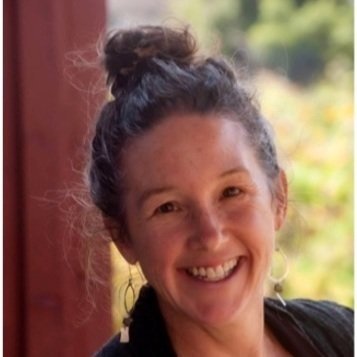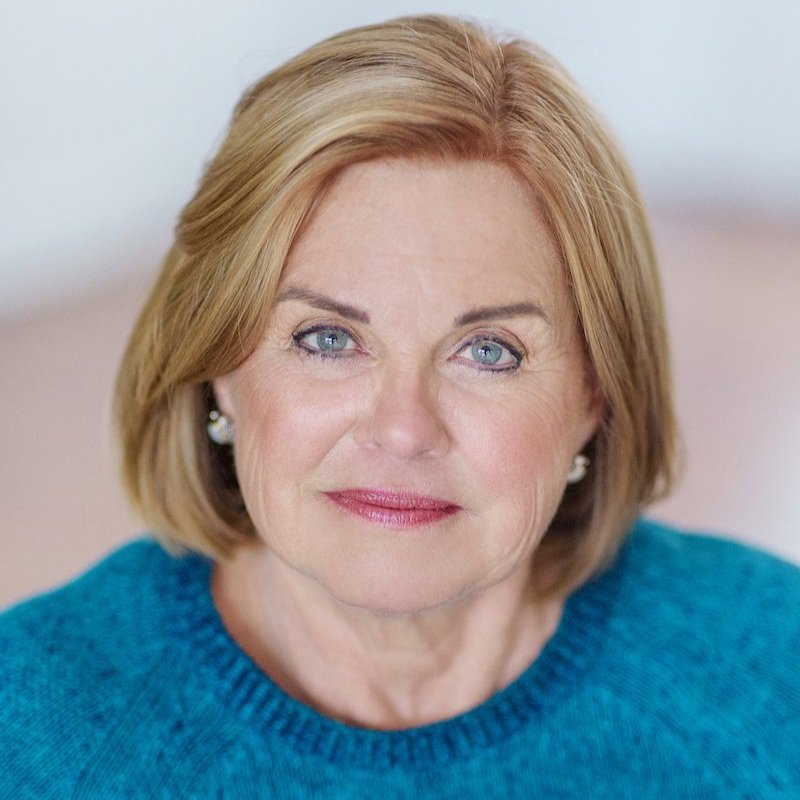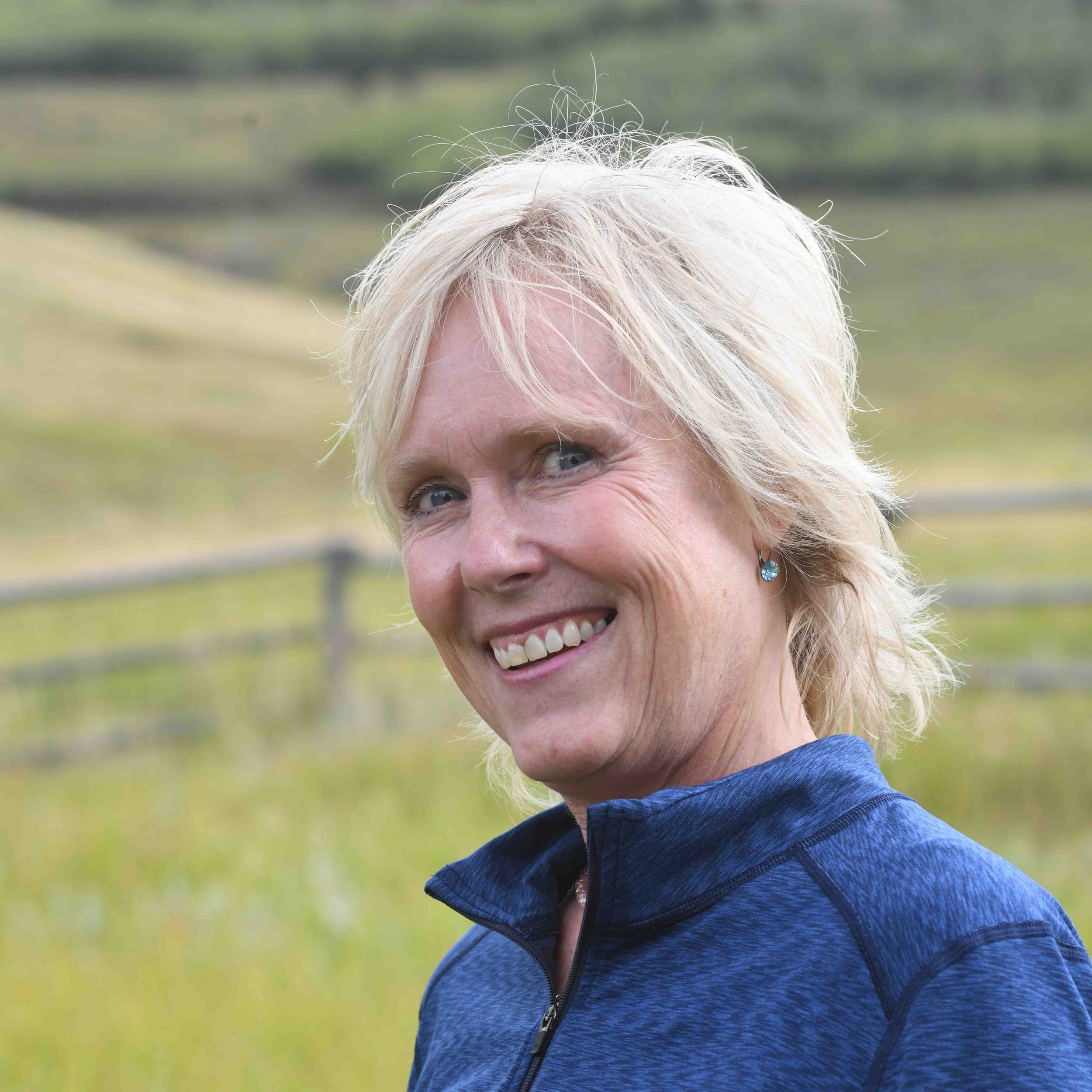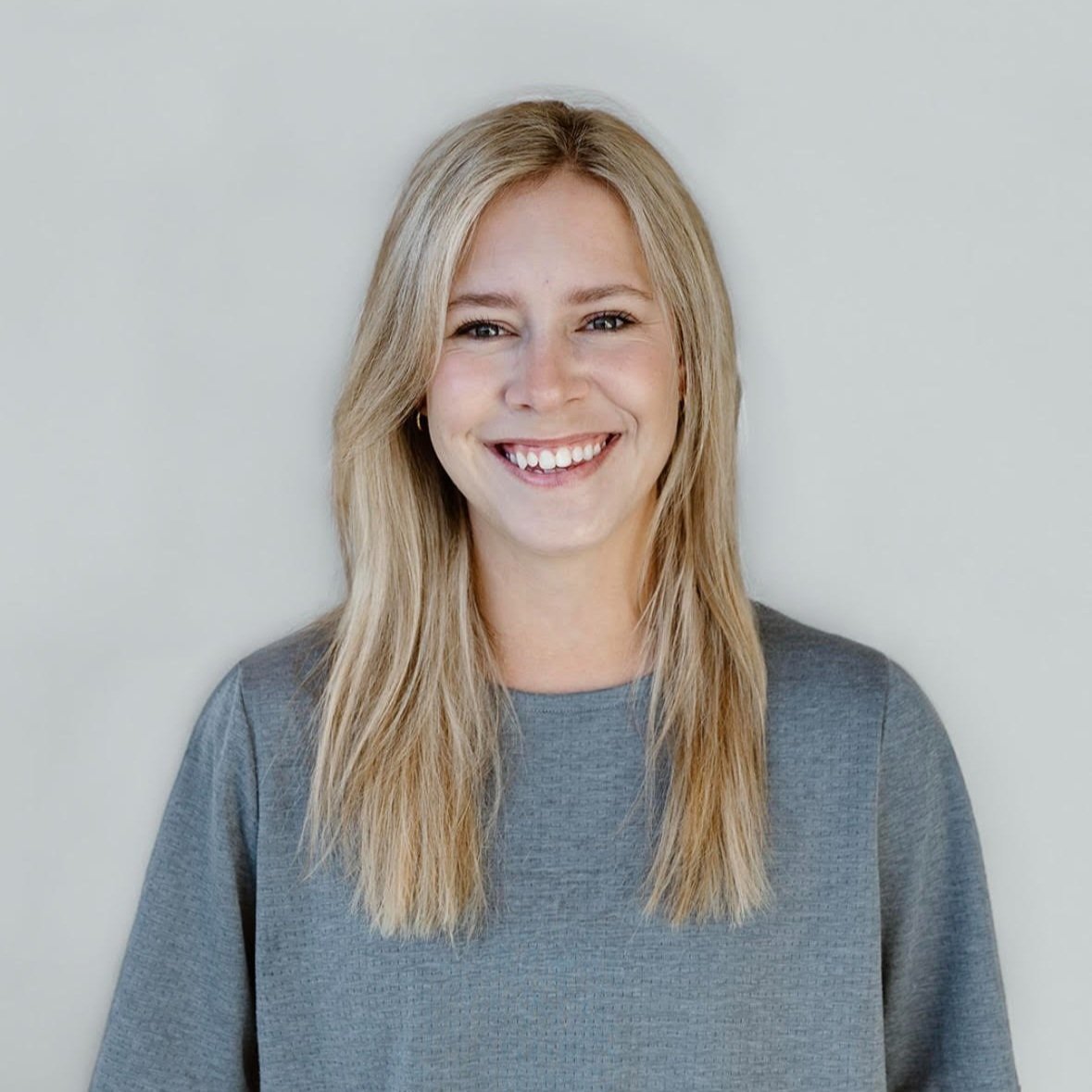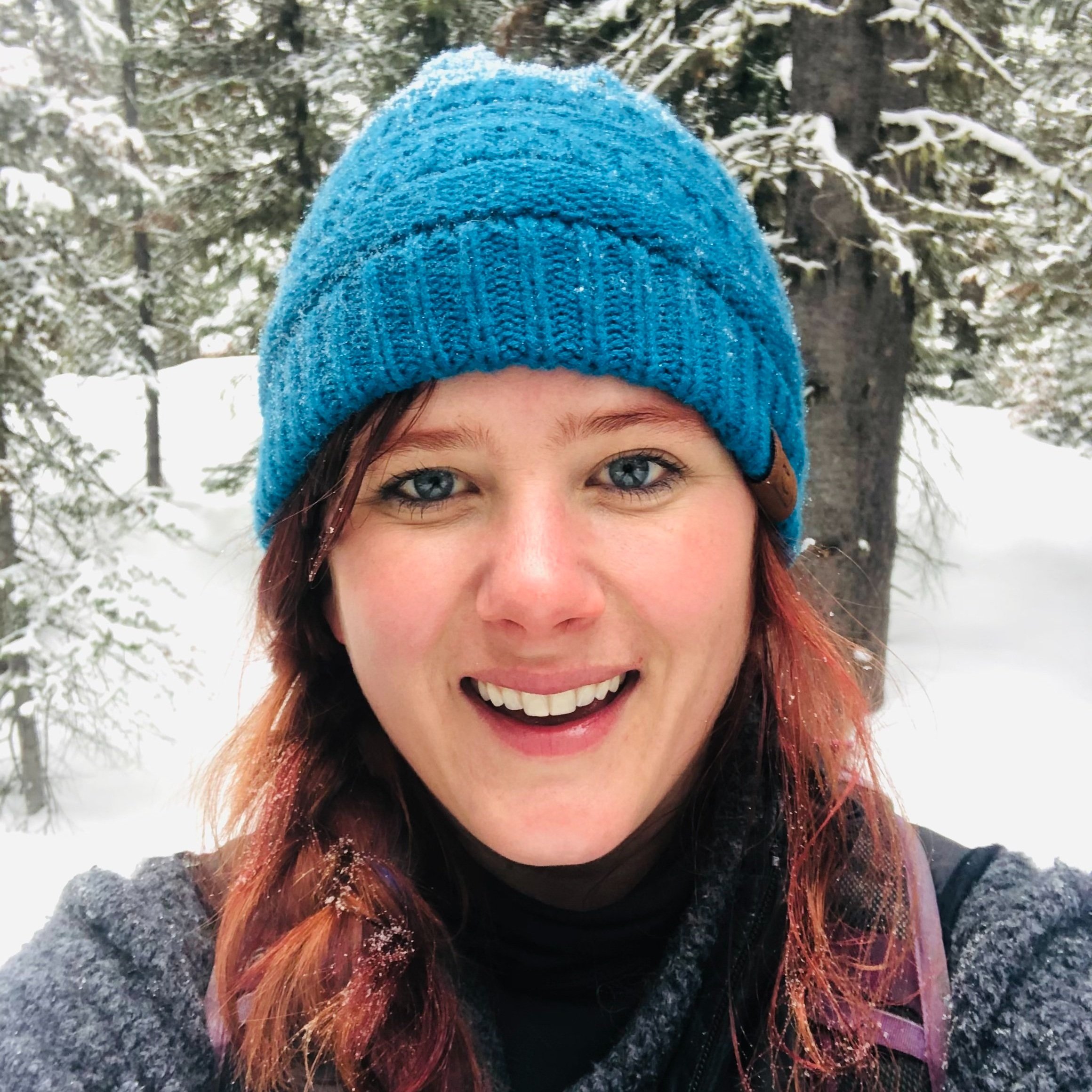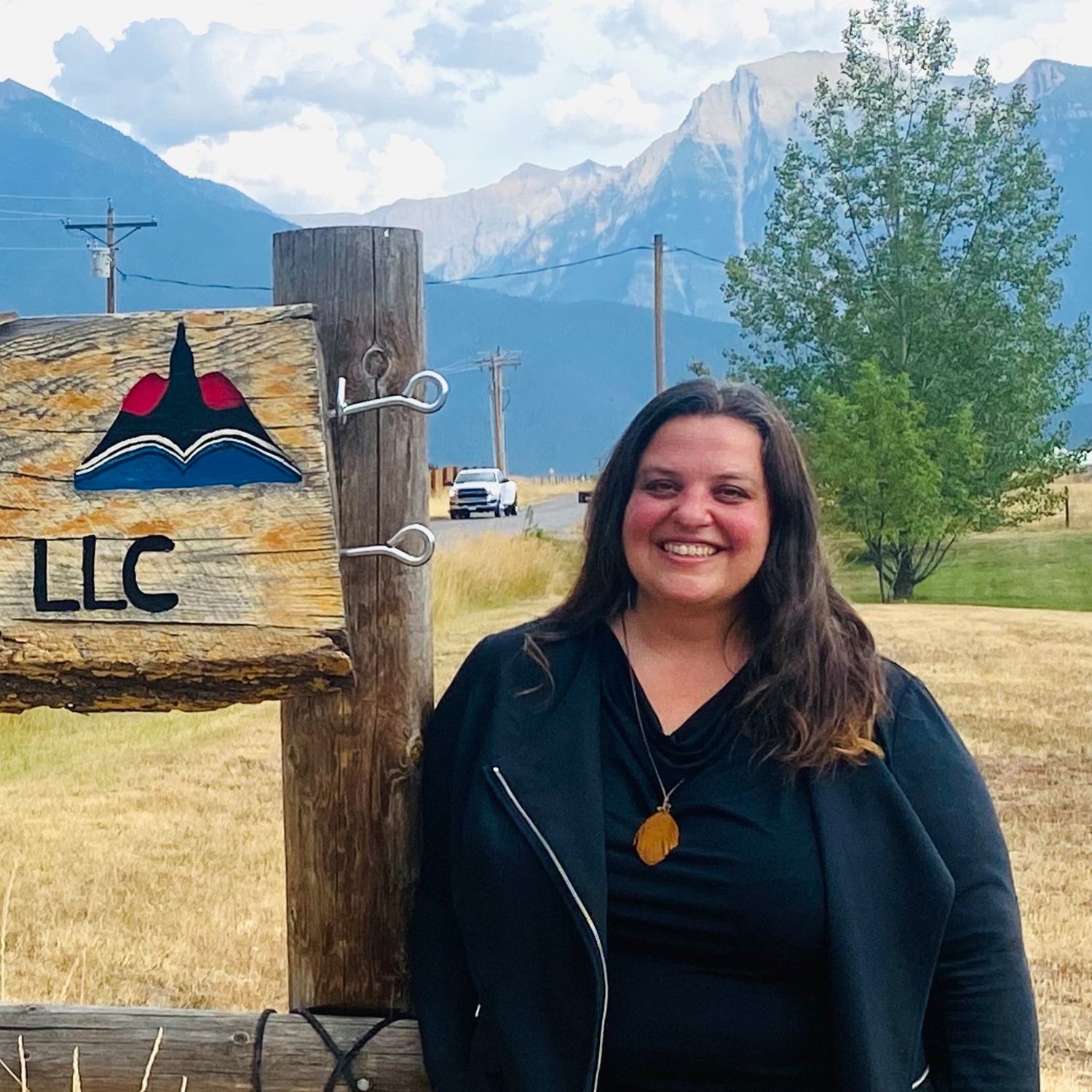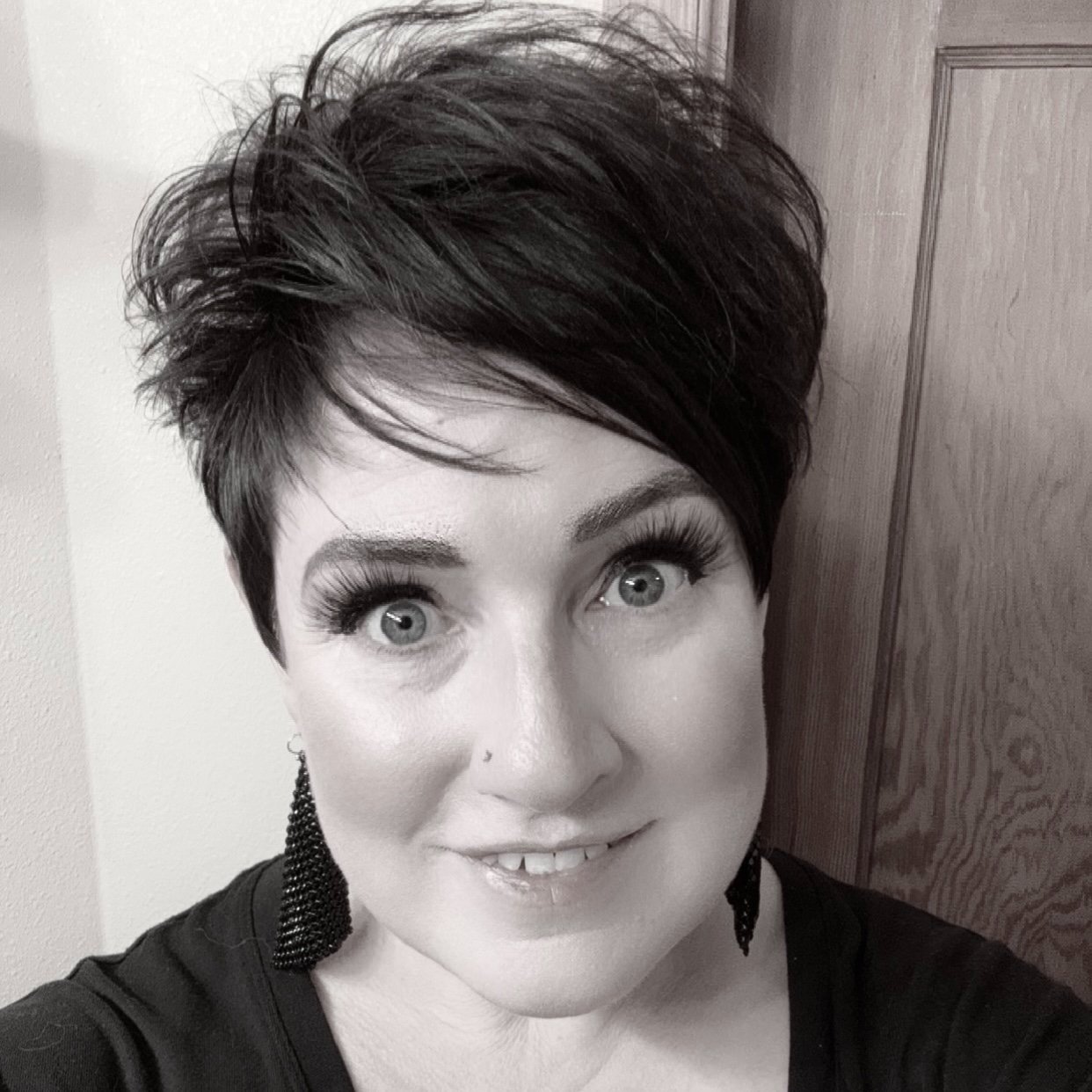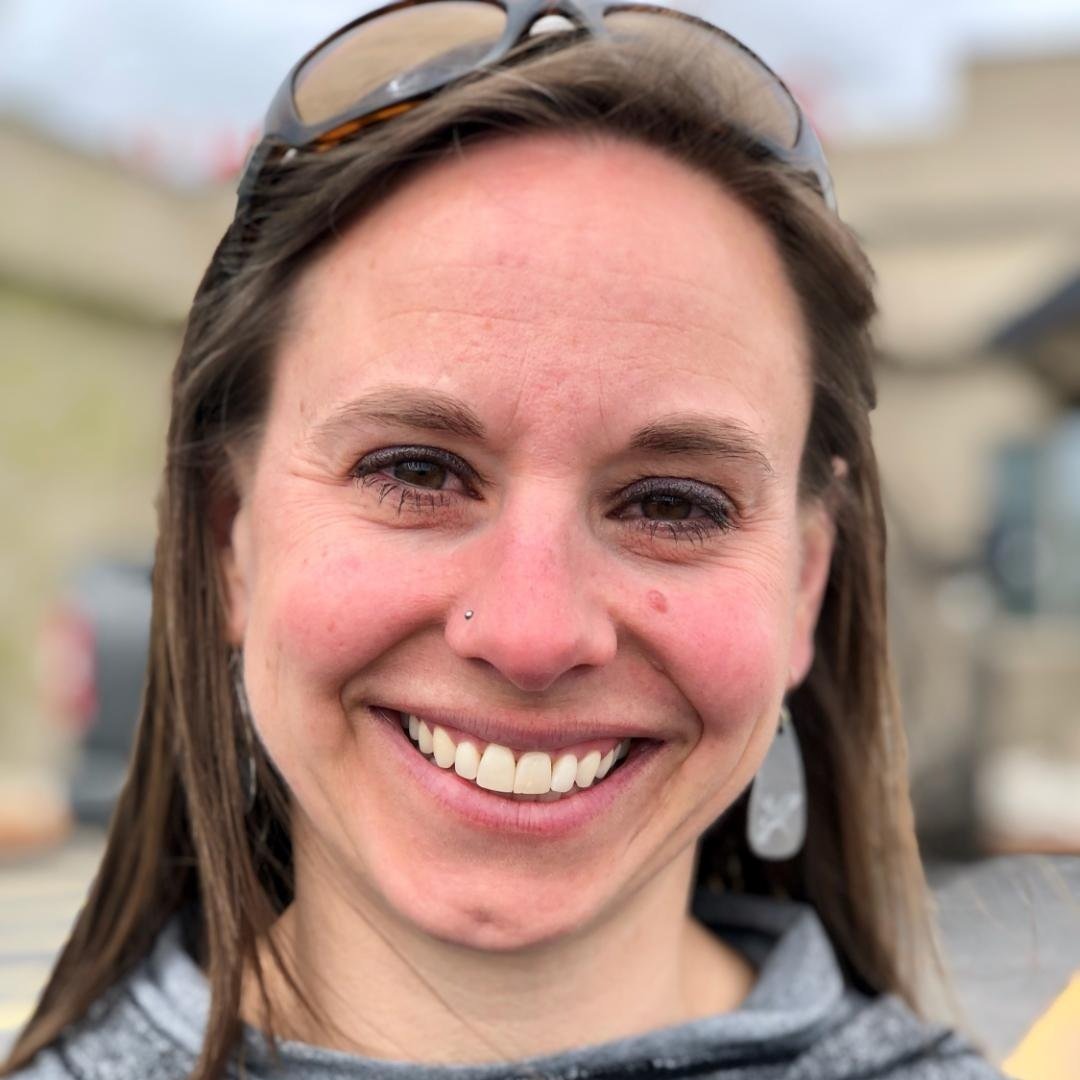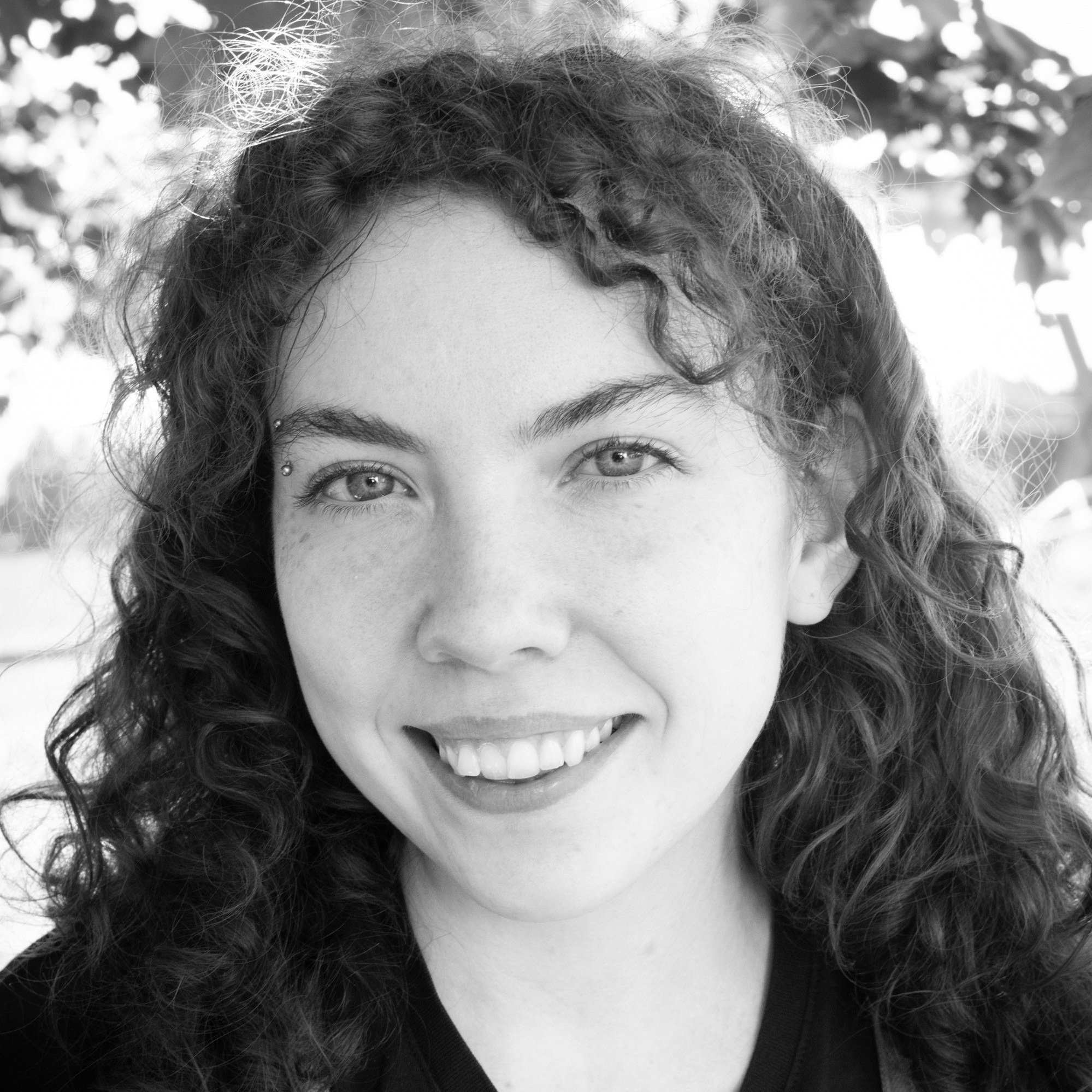Workshop Descriptions:
Intensives
Lunch Keynote
-
with Dr. Jennifer Schoffer Closson
Interfering behavior can be hard to understand and negotiate. Learn about the function of behavior, the crisis cycle, and how to essentially stop behavior before it starts through implementation of researched practices.
-
with Heidi Wallace & Rajiem Seabrook, EmpowerMT
This experiential workshop will empower individual leadership to create inclusive and safe youth-centered spaces that foster belonging and authentic allyship across group lines. Participants will explore their cultural lenses and increase awareness of navigating cultural differences with empathy and curiosity, address the impact of oppression on youth, and learn effective strategies for interrupting oppression and cultivating environments where young people can thrive.
-
with Deb Halliday
Cultivating community well-being is deeply connected to well-being in our personal lives. We will explore the Four Realms of Wellness – personal, relational, organizational and community – to discover ways in which we already cultivate well-being, as well as to share practical approaches to bringing more healing and joy to community, starting with self.
Workshop 2 Options
Workshop 1 Options
-
with Gabrielle Eklund Rowley & Sara Whittle, Reach Higher Montana
Work-based learning and career exploration is for all ages! Learn strategies on how to plan, frame and debrief activities in a way that ensures participants are safe and engaged, students practice essential life skills, and the experience honors different backgrounds and abilities. Additionally, we will discuss strategies for fostering community partnerships that support career exploration/awareness opportunities such as workplace tours, guest speakers, and informational interviews.
-
with Jennifer Robinson, Montana Natural History Center
This session is designed to explore methods and activities that can strengthen student skills in making observations, which is a key practice in science. Making observations is the first way we collect data in order to interpret and make sense of phenomena. For our students, it’s a skill that can be learned and improved through thoughtful instruction in and out of the classroom. Spending time making careful observations also leads to engagement and emotional connections with the natural world. Teachers have found these tools transformative for their instructional practice, as it shifts the attention from the instructor onto student-student and student-nature interactions.
-
with Rebecca Goff, Native Teaching Aids
Attendees will learn a great interactive classroom activity: how to build your own board game! Attendees will work in groups or alone to create their own board game through guided prompts by the presenter. All materials will be provided- just bring a creative mind!
-
with Hunter Strickland, Learn Fresh
Through the workshop, educators will learn best practices for implementing the MLB Players STEM League game and curriculum, gain free access to the Learn Fresh program management platform and all program materials, and learn about opportunities to extend students’ learning through virtual and in-person community events. Educators will immediately gain access to all materials needed to begin implementing with students in their programs and classrooms.
-
with Nora Gibbons, Montana Afterschool Alliance
Explore restorative justice as a powerful tool for transforming conflict resolution and community well-being within out-of-school time (OST) programs.
Participants will delve into the core principles of restorative justice and its application in OST settings, focusing on fostering empathy, accountability, and inclusivity. While considering restorative justice as a potential paradigm shift, participants will be invited to reflect on their current approaches to discipline, conflict resolution, and community building.
The interactive workshop will feature opportunities for dialogue and sharing perspectives with one another, while also experiencing a restorative practice in action through a community-building circle. Attendees will leave equipped with practical strategies and tools for implementing restorative justice to various extents in their programs, whether they are interested in integrating just a few restorative practices or transforming their overall approach to conflict resolution and community building.
-
with Jennifer Robinson, Montana Natural History Center
Nature journals are indispensable and ubiquitous tools in natural history and
science, and if journals are used well they can become an equally powerful part of any educators “toolkit.” Used strategically, nature journaling can help focus students,
help them make better observations, provide a venue for student reflection, and
get students excited about the process of journaling itself. Educators may
find that writing and drawing in their own nature journals may also deepen their
knowledge of natural history and their field instruction practices. Although there
are other worthwhile purposes for using student nature journals, such as creative writing and art, this session focuses on nature journals used to learn about science.
Presenters:
Click on each presenter’s image for details on the workshop they will offer!
